Regulation of International Financial Markets and International Banking
This research group analyses causes and consequences of banks' international activities and the regulatory framework they operate in.
Internationally active banks can facilitate an efficient international allocation of capital and provide channels for international risk sharing. But they can also be a source of financial instabilities themselves, thus contributing to international contagion and risk-shifting. This is one reason for the current re-regulation of international banking.
The research group contributes to the literature in three ways. First, the group empirically analyses the channels through which shocks are transmitted by internationally active banks. Second, the group analyses the build-up of aggregate imbalances in integrated banking markets and resulting consequences for the real economy. Third, the group analyses the impact of changes in banking supervision and regulation on (inter)national activities of banks, with a special focus on the European integration process.
IWH Data Project: International Banking Library
Research Cluster
Economic Dynamics and StabilityYour contact

Mitglied - Department Financial Markets
EXTERNAL FUNDING
07.2017 ‐ 12.2022
The Political Economy of the European Banking Union
European Social Fund (ESF)
Causes of national differences in the implementation of the Banking Union and the resulting impact on financial stability.
01.2015 ‐ 12.2017
Dynamic Interactions between Banks and the Real Economy
German Research Foundation (DFG)
Refereed Publications
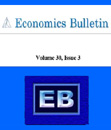
Protect and Survive? Did Capital Controls Help Shield Emerging Markets from the Crisis?
in: Economics Bulletin, No. 1, 2012
Abstract
Using a new dataset on capital market regulation, we analyze whether capital controls helped protect emerging markets from the real economic consequences of the 2009 financial and economic crisis. The impact of the crisis is measured by the 2009 forecast error of a panel state space model, which analyzes the business cycle dynamics of 63 middle-income countries. We find that neither capital controls in general nor controls that were specifically targeted to derivatives (that played a crucial role during the crisis) helped shield economies. However, banking regulation that limits the exposure of banks to global risks has been highly successful.
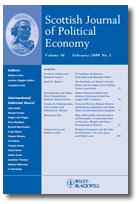
The Impact of Fixed Exchange Rates on Fiscal Discipline
in: Scottish Journal of Political Economy, No. 5, 2011
Abstract
In this paper, it is shown that, contrary to standard arguments, fiscal discipline is not substantially enhanced by a fixed exchange rate regime. This study is based on data from 116 countries collected from 1975 to 2004 and uses various estimation techniques for dynamic panel data, in particular a GMM estimation in the tradition Arellano and Bover (1995) and Blundell and Bond (1998). Contrary to previous papers on this topic, the present paper takes into account that the consequences of a new exchange rate regime do not necessarily fully manifest immediately.
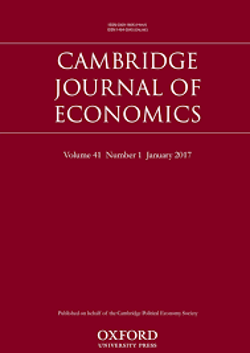
The Role of Rating Agencies in Financial Crises: Event Studies from the Asian Flu
in: Cambridge Journal of Economics, 2010
Abstract
Based on case studies from countries that have been hit hardest by the Asian financial crisis of 1997, the present paper shows that the accusation that sovereign ratings led to a severe acceleration of the crisis is unconvincing and that the empirical method often used to support accusations against rating agencies is inappropriate for the problem under analysis. Rather, it must be emphasised that ratings were downgraded in most countries very shortly before the end of the crisis. In some countries, the ratings were even further downgraded after the end of the crisis as countries started to recover. This is not in line with the thesis that the crisis was accelerated by rating agencies.
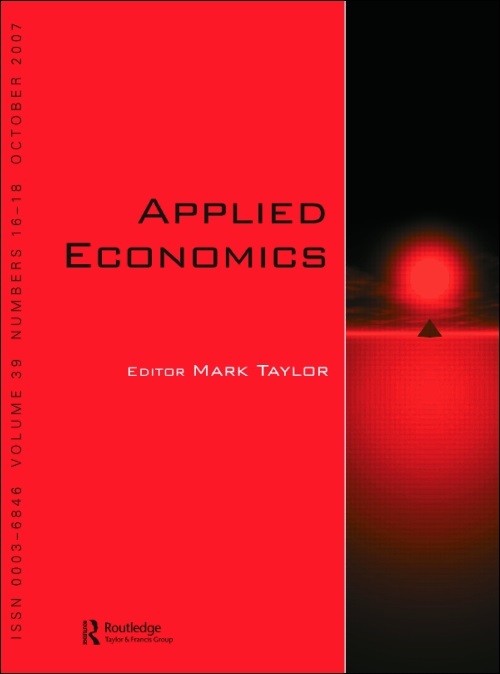
Capital Controls and International Interest Rate Differentials
in: Applied Economics, 2010
Abstract
Since the Asian crises it is often taken as granted that capital markets have significant functional deficits. Often these deficits are believed to be so very strong that the ability of free capital markets to guarantee a more or less correct international allocation of capital is denied. It is argued that speculation dominates capital markets so much that capital allocation is purely random. This is one of the major arguments backing the present trend to re-establish capital controls, which emerged after the capital market distortions observed during the Asian flu. In the present article it is shown that capital markets, while certainly prone to many distortions, are well capable of roughly guiding capital to the proper place. Though allocation is not model-like perfect, this steals the thunder from the idea, that closed or government-guided capital markets were able to perform better.
Working Papers
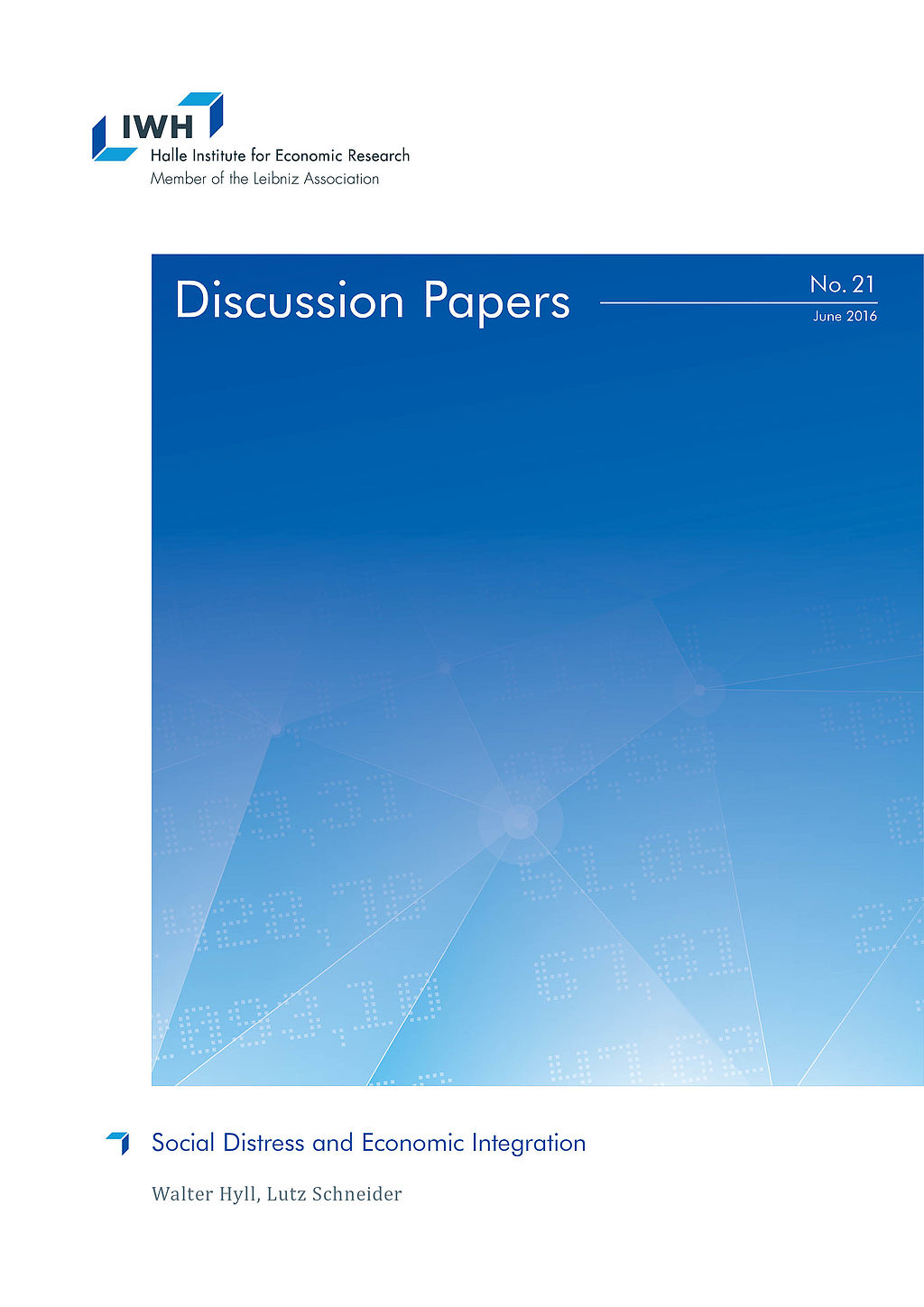
Friend or Foe? Crowdfunding Versus Credit when Banks are Stressed
in: IWH Discussion Papers, No. 8, 2015
Abstract
Does bank instability push borrowers to use crowdfunding as a source of external finance? We identify stressed banks and link them to a unique, manually constructed sample of 157 new ventures seeking equity crowdfunding. The sample comprises projects from all German equity crowdfunding platforms since 2011, which we compare with 200 ventures that do not use crowdfunding. Crowdfunding is significantly more likely for new ventures that interact with stressed banks. Innovative funding is thus particularly relevant when conventional financiers are facing crises. But crowdfunded ventures are generally also more opaque and risky than new ventures that do not use crowdfunding.
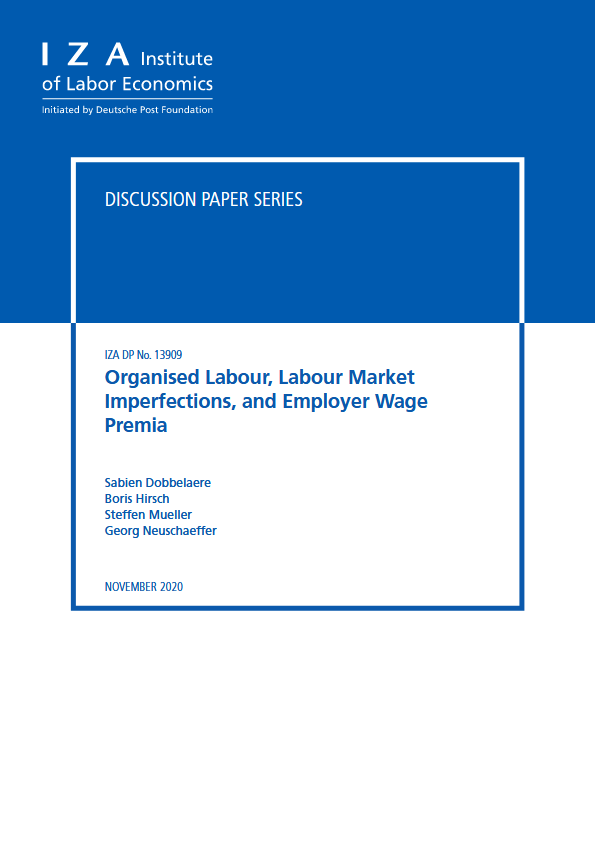
Explaining Regional Disparities in Housing Prices across German Districts
in: IZA Institute of Labor Economics, March 2022
Abstract
Over the last decade, German housing prices have increased unprecedentedly. Drawing on quality-adjusted housing price data at the district level, we document large and increasing regional disparities: growth rates were higher in 1) the largest seven cities, 2) districts located in the south, and 3) districts with higher initial price levels. Indications of price bubbles are concentrated in the largest cities and in the purchasing market. Prices seem to be driven by the demand side: increasing population density, higher shares of academically educated employees and increasing purchasing power explain our findings, while supply remained relatively constrained in the short term.














